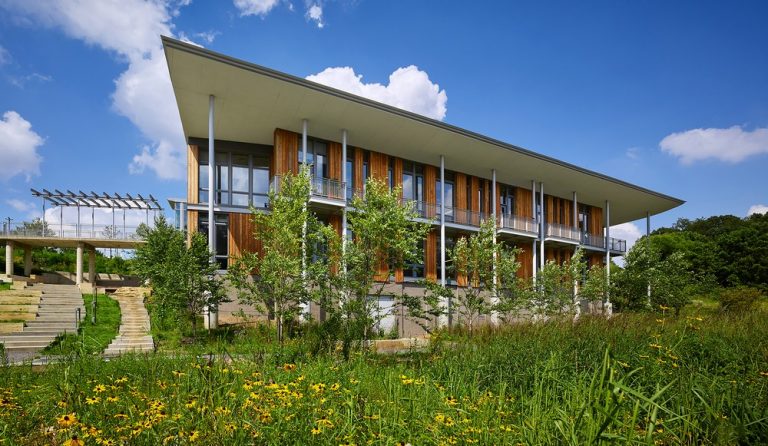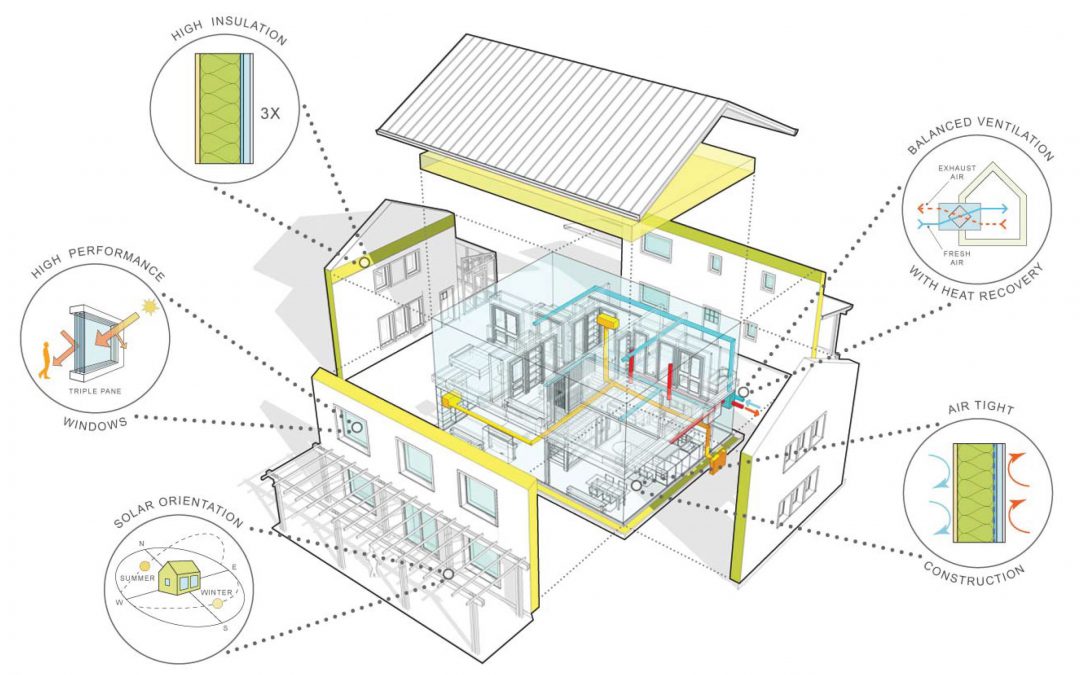
by William | Jan 26, 2022 | Healthy Living
Dear Readers,
I’ll start by being honest: I, myself, am pursuing my Living Future Accreditation (LFA). So, yes, this blog is why individuals like me should be employed by architecture, design, project engineering, and construction teams. Those who are passionate about something would obviously love to spread that passion…and getting paid for it is of course a bonus.
With the admittance that this blog can simultaneously act as a cover letter out of the way, let’s begin.
Why you need an LFA Professional:

by William | Aug 19, 2020 | Healthy Living, Small Footprint
Admittedly, this blog is for William and I’s own justification of our impending financial commitment in this home, as well as it is for all funders who look at us and say we are nuts. We are. And we hope that this breakdown of some essential building materials and their worth (financially and environmentally) will convince your financial institutions to join us in the insanity and fund our venture in sustainable living.
The home or building you may or may not be currently sitting in as you read this blog, was hopefully built to, and still meets, ‘code.’ When an architect says ‘building to code,’ they are referring to the minimum required building standards set by the International Building Council (IBC). The intentions of ‘codes’ are to create a safety, health, and energy efficiency standard for homes and buildings. The IBC creates a variety of codes that cover all aspects of constructions regarding commercial and residential buildings which can be adopted by local governments. For the purpose of this article, we will be talking about the IBC’s International Energy Conservation Code (IECC) which sets minimum R-values and other measures according to a home or building’s climate zone.
William and I don’t want to build our home to just meet code. We want to thoroughly exceed it. We want to build to Passive House (PHIUS) standards, meet air quality set by RESET, be net positive, and maybe even meet Living Building Challenge standards. We want this home to be bonkers efficient and holistically healthy~ for our family, our builders, and our environment.

by William | Feb 26, 2020 | Passive House
The Concept of a Passive House Exemplified through a PHIUS Certified Home Dear Readers, Before we can throw an example of a Passive House at you, a few things should first be explained… What IS the difference between the Passive House Institute and the Passive...
by William | Jan 15, 2020 | Net Zero
What does it mean to be “Net Zero”? Dear Readers, A net zero home produces the same amount of energy that it uses. The home can generate its own electricity through means such as solar panels, water wheels, or wind turbines, to name a few. A home can...

by William | Jan 8, 2020 | Passive House
The concept of a Passive House explained.




